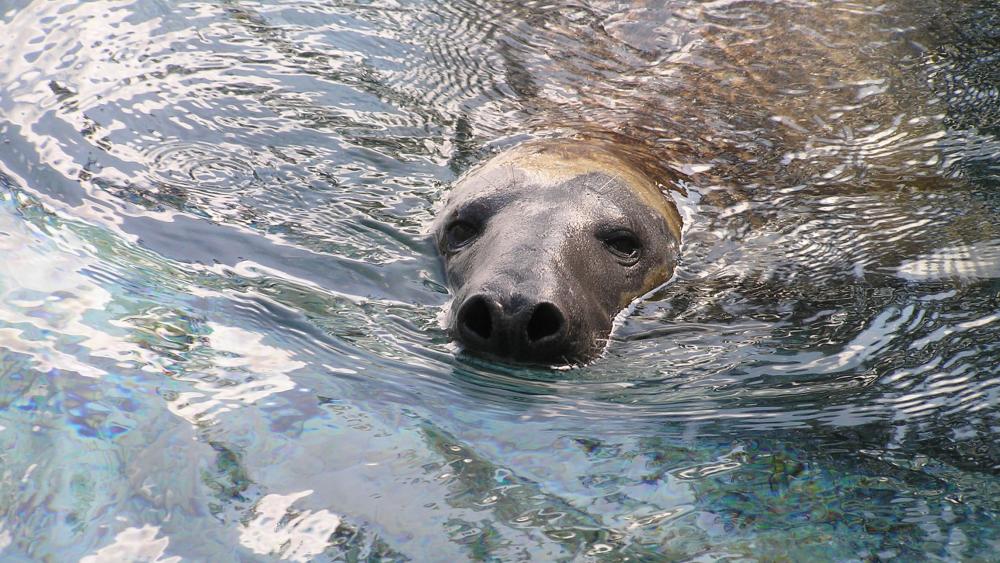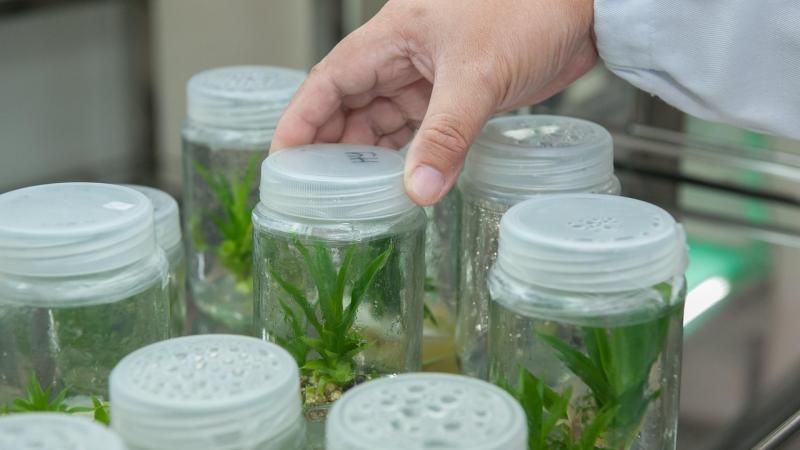
Grey seal | © Ulf Bergström
The team of researchers, including IGB, have revealed that small-scale fisheries are almost three times more likely to come into conflict with seals, sea lions and walruses, and lose four times more of their catch than larger fisheries. The net fishery is particularly affected, with 41 per cent of fishing days involving interactions with these predators, resulting in a 17 per cent loss of catch. These are averages and might be lower or higher depending on the region. In addition to lost catches, pinnipeds can damage fishing gear and scare fish away, making them harder to catch.
“The conflict threatens pinnipeds population recovery, but also can impose really harmful impacts on fisheries”.
Dr Katrina Davis from the University of Oxford
Thanks to the study's findings, targeted mitigation measures can now be implemented. The researchers have identified hot-spots where conflicts are most common, allowing for more precise deployment of acoustic deterrents and other technologies. In addition, monitoring and compensation programmes could help to offset the losses suffered by fishermen, ensuring that the conservation of pinnipeds is balanced with the interests of the fishing sector.






